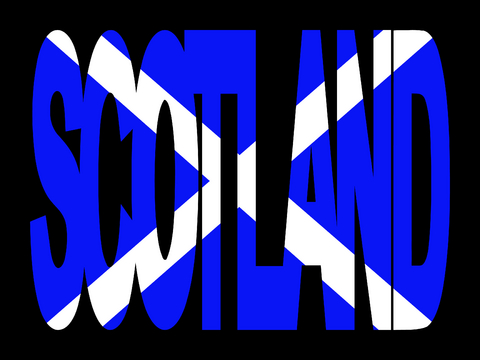
When the Scottish government took control of property tax the first move it made was to introduce the “Land and Buildings Transaction Tax”, commonly referred to as LBTT. This basically replaced the traditional property stamp duty bands and was trumpeted by the SNP as a moneyspinner for Scotland which would effectively penalise the rich in favour of the masses. Fast forward two years and during the life of this Parliament it is estimated there will be an £800 million shortfall on expected property tax income. So, the Scottish government in the shape of finance secretary Derek Mackay is now clearing the way for a dramatic U-turn.
Current tax bands
Property purchases under £145,000 incur no stamp duty, between £145,000 and £250,000 there is a 2% charge, £250,000 up to £325,000 incur is a 5% charge with 10% between £325,000 and £750,000 and a whopping 12% on properties costing more than £750,000. Since these bands were introduced the Scottish government has been warned time and time again that it was targeting the wrong areas of the market. When you consider that an average home in Edinburgh costs in excess of £325,000 even an average housebuyer would be hit by a 10% stamp duty charge. The rate towards the higher end of the market is around one third more than you would pay for a similar property in England.
Impacting property markets
There is no doubt that the middle bands in the Scottish LBTT have impacted the Scottish property market which is already struggling with the cloud of another independence referendum hanging over it. The SNP has been very “cute” in its response to the reduced income from this tax by suggesting it would do anything to stimulant the market. Obviously forgetting a more buoyant property market would raise more taxes for the Scottish government. Politicians don’t do you any favours!
It is also a little ironic that these changes are being discussed in light of the SNP’s disastrous stand at the last general election. Again, the SNP government was warned time and time again to “concentrate on the day job” but continued with its obsession about Scottish independence. There is no doubt that the cloud of independence has cast a heavy shadow over both the property market and the Scottish economy in general. To what extent is debatable but we can only hope that the SNP, now under more pressure than ever, will eventually begin to concentrate on the day job.
Uncertainty and confusion
In times of uncertainty, and there has been plenty of that since the 2008/9 worldwide economic collapse, consumers and business owners look to the government of the day for direction. At this moment in time the Scottish government seems more preoccupied with independence that it does with running the economy. There are constant non-arguments with Westminster which are seen by many as a means to increase SNP support across Scotland. In many ways this has failed dramatically if the last election is anything to go by and there are even calls to abolish the Scottish parliament.
It will be interesting to see whether there is a change in strategy and focus from the Scottish government in light of the recent general election results. It is all good and well pursuing one of the main SNP policies of independence but that should not be at the expense of the property market and the Scottish economy.

